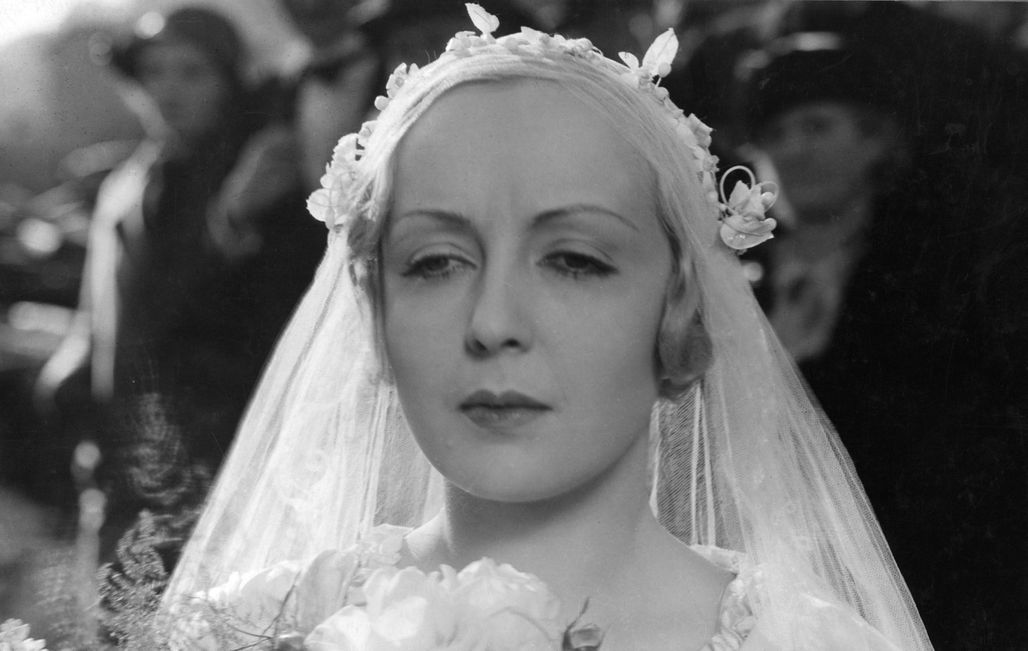
L’Atalante, the story of a masterpiece with an unhappy fate

Despite the shortness of a career composed of just four films, Jean Vigo, who was struck down by illness aged 29, left his mark on French cinema of the 1930s and inspired his New Wave successors. After Zero for Conduct, completed in 1933 but prohibited from release until 1945, the filmmaker made L’Atalante, a feature he directed during the final months of his life. Cannes Classics offers us a chance to revisit the masterpiece in a restored version.
The young wife of a sailor, bored with the monotony of life on the barge "L’Atalante", is lured one day by the city lights, abandoning her husband who sinks into deep despair. Cruelly disillusioned by her experience, she decides to return to him and their idyll returns to normal along the rivers, in the company of the old fisherman father Jules.
In 1934, Jean Vigo made L’Atalante while suffering from TB, and died soon after the film was released. When the film proved a commercial flop and failed to reach a wide audience, Gaumont decided to withdraw it from the market. It was mutilated on several occasions by a series of restorations which set out to recreate a version similar to the original film.
However, despite its apparently banal story, L’Atalante stands out for its unusual editing, which did not go unremarked by François Truffaut, who was fascinated by the director's mastery.
Success came much later to the visionary Jean Vigo, whose technique inspired the directors of the New Wave.


